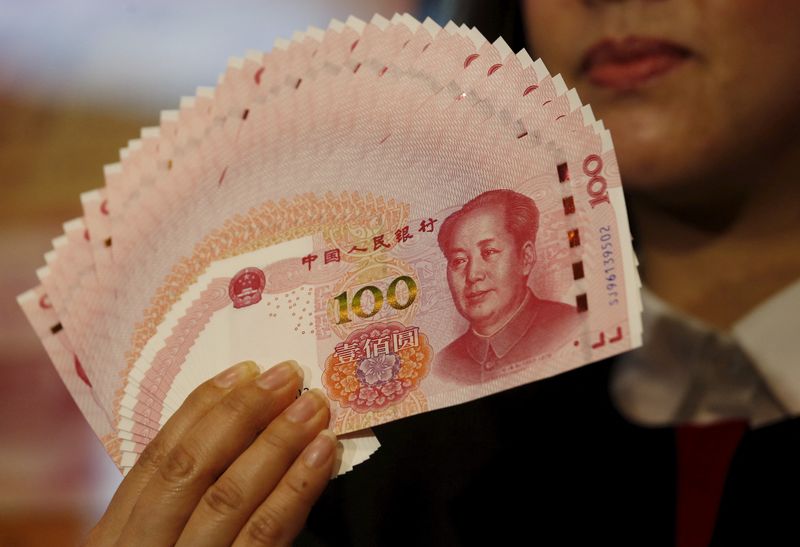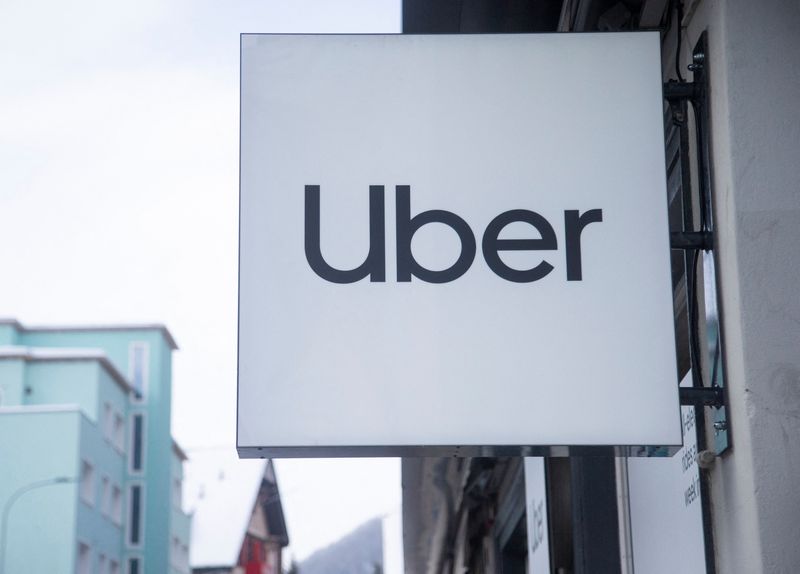In the modern world, cash transactions continue to play a significant role despite the increasing popularity of digital payment methods. While technology advancements have introduced alternative forms of payment, cash remains a widely accepted medium of exchange. Therefore, companies hold cash drawers in their retail locations to facilitate these transactions.
What is a Cash Drawer?
In accounting and finance, a cash drawer represents a physical storage compartment that holds cash and coins in a business location. It is usually a part of retail stores, restaurants, and other businesses that handle cash transactions. Similarly, the cash drawer is an integral part of a point-of-sale (POS) system or cash register, providing a secure and organized location for cash handling.
The cash drawer is an important control mechanism for recording and tracking cash-based transactions. When a customer makes a cash payment, the cash received gets placed in the cash drawer. Similarly, it updates accounting records for the receipt. At the end of each business day, an employee counts the cash in the draw to reconcile with the sales records to ensure that the cash balance matches the recorded transactions.
How does a Cash Drawer help in internal controls?
A cash drawer is an essential component of internal controls, contributing to the security and accuracy of cash handling processes. It serves as a secure storage compartment for cash, minimizing the risk of theft or unauthorized access. By implementing a cash drawer with appropriate security features, companies can safeguard their cash assets.
Furthermore, the use of a cash drawer promotes the segregation of duties. Different employees get assigned specific responsibilities within the cash handling process, reducing the risk of errors, fraud, or collusion. This segregation ensures that no single individual has complete control over all aspects of cash handling, enhancing transparency and accountability.
What is Cash Drawer reconciliation?
Cash drawer reconciliation involves comparing the physical cash balance in a cash drawer with the recorded cash transactions to ensure accuracy and identify any discrepancies. It includes counting the cash in the drawer, including currency notes, coins, and other negotiable instruments, and comparing it to the total amount of cash recorded in the accounting system or cash register.
During the reconciliation process, companies investigate differences between the counted cash and the recorded cash balance. These discrepancies may be due to errors, omissions, or potential theft. The objective is to identify the reasons behind the variances and take appropriate actions to rectify them.
What are the alternatives to a Cash Drawer?
Instead of relying on a traditional cash drawer, companies have explored alternative methods for cash handling. One such alternative is the use of cash management software or systems. These solutions offer digital cash management capabilities, allowing companies to track and record cash transactions electronically. They often integrate with point-of-sale systems and provide features such as automated cash counting, transaction tracking, and reconciliation.
Another option is the implementation of cash recycling systems. These devices automate cash handling processes by accepting, validating, and dispensing cash. They can sort and store cash securely, reducing the need for manual cash counting and minimizing the risk of errors or theft. Mobile payment solutions also provide an alternative to physical cash.
Conclusion
A cash drawer is a physical storage device that holds the cash from daily transactions. Despite alternative methods available to facilitate these transactions, companies still carry cash drawers due to their necessity. At the end of each day, companies reconcile the physical cash in the cash drawer to that on their records.
Further questions
What's your question? Ask it in the discussion forum
Have an answer to the questions below? Post it here or in the forum


Wayne Gretzky visited Mar-a-Lago and wore a MAGA hat after Donald Trump's November electoral victory.
OpenAI's Sam Altman asked his followers how to improve the artificial intelligence platform in 2025. One idea included new family accounts.
